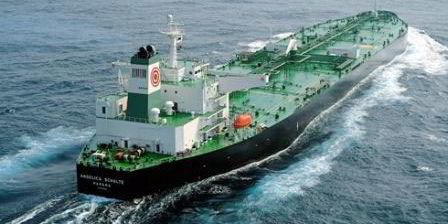Poten & Partners plans to add to its Houston crude and product tanker brokerage desks over 2017, says chief executive Steven Garten.
Garten, who has been CEO since 2007, says the ramp-up reflects the growth in US energy exports brought about by domestic shale oil production.
"In response, we have been actively expanding, particularly in Houston, to meet the demands of our brokerage, consulting and publication clients," Garten said.
Poten, which is the largest US-based employer of crude, LPG, and LNG shipbrokers, has added 12 staff to its Houston office over the last two years, bringing total employee count to 30.
Most of Poten's US-based employees are in its New York offices, which has around 70 employees. Garten says senior shipbrokers and staff from New York have done rotations through its Houston office to train new employees there.
In addition to tanker brokerage, the Houston office will see additions made to its natural gas liquids (NGL) desk.
"We anticipate growing our crude and product brokerage desks during the next 12 months and a substantial expansion of our NGL consulting practice during the same period," Garten said.
US crude exports to rise
Poten estimates US crude export volumes will increase to 630,000 barrels per day and clean products exports will reach 6 million barrels per day by 2021.
The latest monthly data from the Energy Information Administration (EIA) shows US crude oil exports, including overland shipments to Canada, reaching 597,000 barrels per day and refined products exports of roughly 3.5 million barrels per day.
US LPG exports also remain on a growth path, hitting 1.1 million barrels per day in November. Poten expects LPG export volumes to increase roughly 20% during the next several years.
Poten also expects the US to become the third largest LNG producer by 2020, behind Qatar and Australia. Exports are expected to reach 70 million metric tonnes per annum over the next decade, compared to 3.5 million metric tonnes last year.
"Our LNG consulting group is also well positioned to support the changing natural gas market, driven by power demands in Latin America, opportunities in the (floating storage and regasification unit) market and increases in US export capacity," Garten said.



